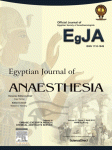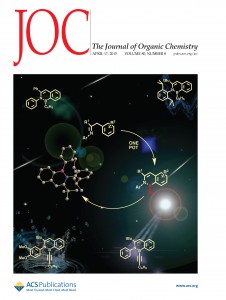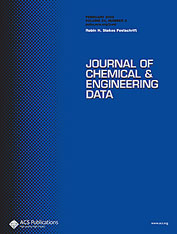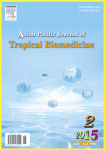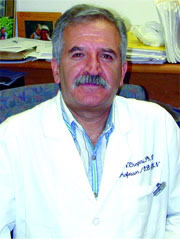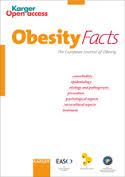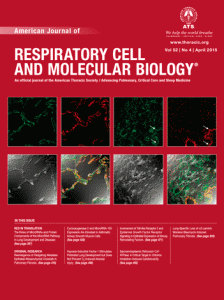 Once again, a team of Duke University scientists has retracted a paper, this time due to “unreliable” figure data.
Once again, a team of Duke University scientists has retracted a paper, this time due to “unreliable” figure data.
With co-authors at the U.S. Environmental Protection Agency, the Duke team has withdrawn a paper from the American Journal of Respiratory Cell and Molecular Biology after concern about data in three figures led them to repeat one of their main experiments. They subsequently found “no evidence” supporting their previous conclusion.
By our count, it is the third retraction from a team that includes William Foster, a pulmonary researcher at the Duke Medical Center. The Duke team retracted a paper in 2013 on a related topic—the effect of early life ozone exposure on airways—from the Journal of Applied Physiology when it was discovered that, familiarly, data in a figure were “unreliable”. Recently, they also retracted a PNAS paper on asthma treatment earlier this month, due to missing primary data and mismatched data from two sources.
Continue reading “Unreliable” data suffocates third paper for Duke pulmonary team


